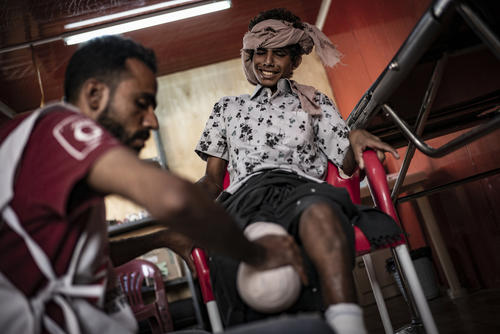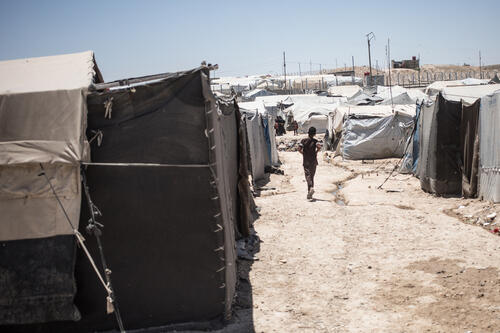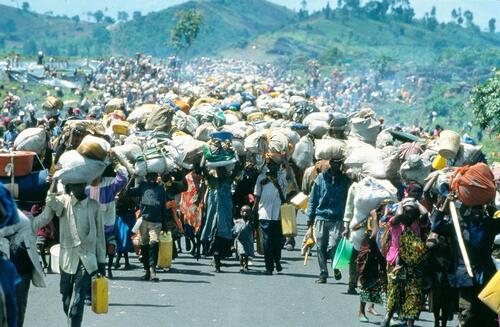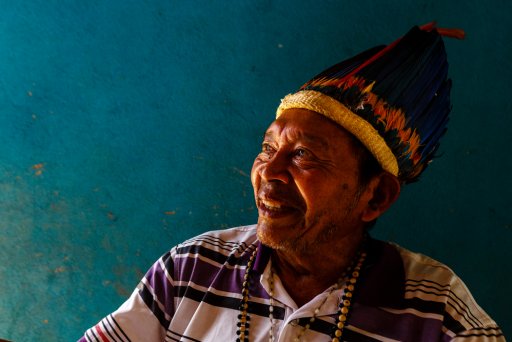Sorry, that story no longer exists on our website
The article or video you are looking for has been moved to our archive. Perhaps another story on this page might interest you?
Scroll down for links to our latest news, crisis explainers and videos from our projects.
Latest news and stories from MSF Ireland

How MSF is helping those in Gummi, Nigeria fight a surge in malaria cases.
Learn more

In March 2015, Aden Teaching Hospital’s trauma department, became the city’s only functioning facility for people injured in the fighting, treating war-wounded patients.
Learn more

MSF is deeply concerned about the recent intensification of clashes between the Haitian National Police (PNH) and armed groups in the Bel Air neighbourhood of Port-au-Prince
Learn more
Never miss another story
Sign up to Frontline, our monthly e-newsletter, to stay up to date with MSF's life-saving work in over 65 countries
MSF crisis responses explained

Years of conflict have left millions in Yemen without food, water, or healthcare. MSF is saving lives every day— learn more and support our work.
Learn more




